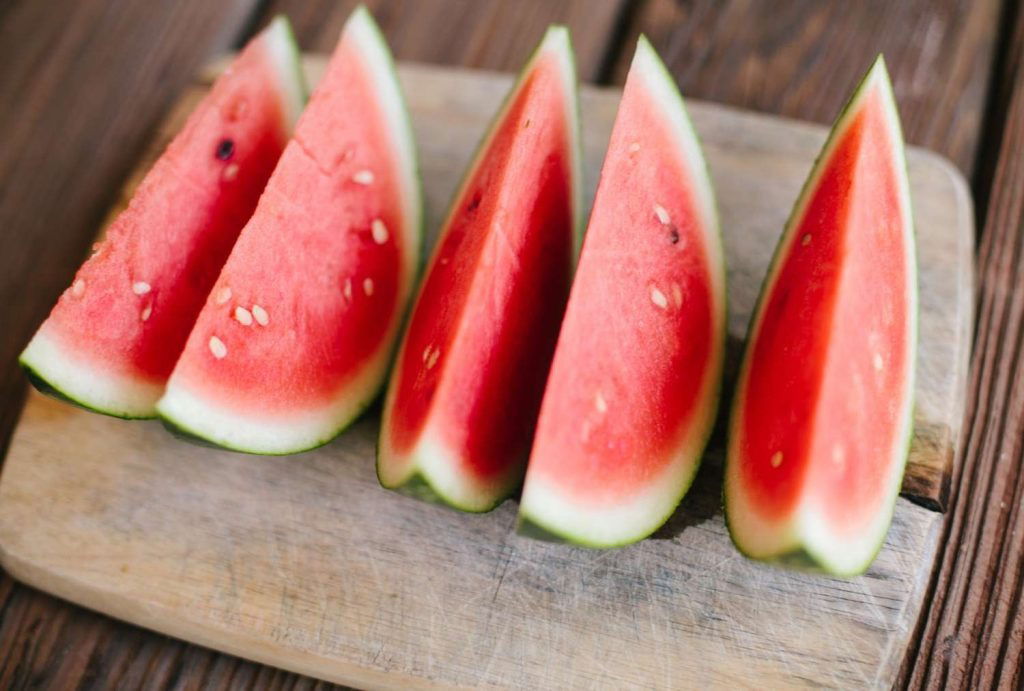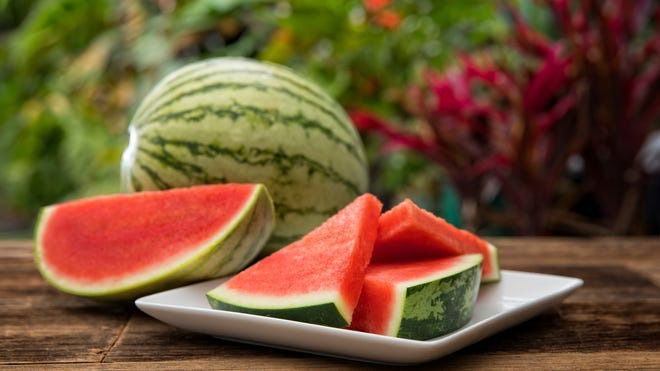3. People with Allergies
Although rare, some people can be allergic to watermelon. Signs may include itching, swelling around the mouth, skin redness, or even breathing difficulties.
Anyone experiencing such symptoms should stop eating it right away and consult a healthcare provider.
4. People with Kidney Problems or Undergoing Dialysis

Watermelon contains significant potassium, which is usually beneficial.
However, for people with kidney disease or those receiving dialysis, too much potassium can disrupt heart and muscle function.
Medical guidance is essential before including watermelon in their diet.
5. Young Children and the Elderly
The digestive systems of infants and older adults tend to be more delicate.
Overconsumption can lead to stomach upset, loose stools, or chills. It’s best to serve them watermelon in small, spaced-out amounts.
Final Thoughts

Watermelon is a refreshing and nutritious treat, especially in the heat of summer. However, it’s not suitable for everyone.
People dealing with diabetes, digestive sensitivity, allergies, kidney issues, or those in more vulnerable age groups should be mindful of their intake.
Moderation is key, and paying attention to how your body reacts is crucial. When in doubt, seek advice from a medical professional or dietitian to enjoy watermelon safely.
